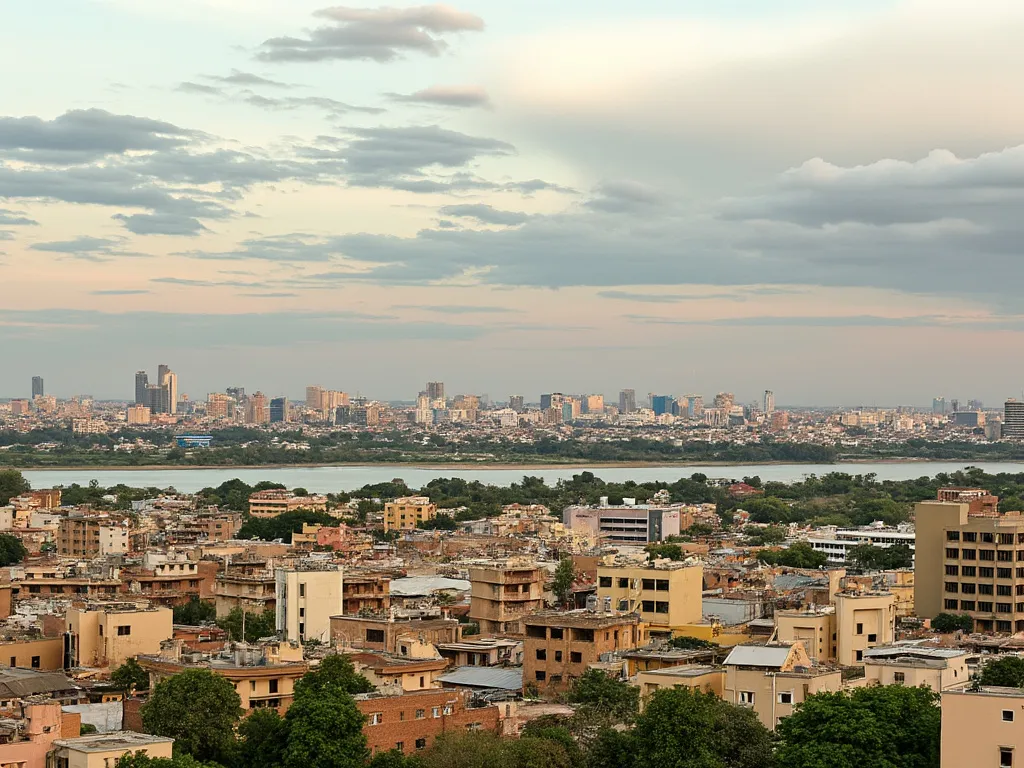
Niamey, the capital city of Niger, is a bustling metropolis located in the southwestern part of the country. With a population of over 1.2 million people, Niamey is the largest city in Niger and serves as the country's economic, cultural, and administrative center.
Niamey information
| Country | 🇳🇪 Niger |
| Population | 1,243,522 (2020 estimate) |
| Coordinates | 13.5167° N, 2.1167° E |
| Area | 670 km² (259 sq mi) |
| Climate | Hot desert climate (Köppen climate classification BWh) |
| Language | French (official), Hausa, Zarma, Songhai |
| Currency | West African CFA franc (XOF) |
| Time zone | West Africa Time (WAT) (UTC+1) |
| Proximity to other major cities | Abuja, Nigeria (750 km / 466 mi), Bamako, Mali (1,200 km / 750 mi), Ouagadougou, Burkina Faso (1,300 km / 808 mi) |
Interesting facts about Niamey
- Niamey is home to the University of Niamey, one of the largest universities in West Africa.
- The city has a number of parks and gardens, including the Niamey Botanical Garden, which is home to a wide range of plant species.
- Niamey is known for its vibrant music scene, with a number of traditional and modern music styles.
Tourist attractions in Niamey
- The National Museum of Niger, which showcases the country's history, culture, and natural heritage.
- The Grand Marché, a vibrant market that offers a wide range of goods, including traditional crafts, clothing, and food.
- The Niamey Botanical Garden, which is home to a wide range of plant species.
- The Niger River, which offers opportunities for fishing, boating, and other water sports.
Historical background of Niamey
Niamey was founded in 1900 by the French colonial administration as a small trading post. The city's strategic location on the Niger River made it an important center for trade and commerce in the region. During the colonial period, Niamey was a small but growing town, with a population of just a few thousand people. After Niger gained independence in 1960, Niamey became the country's capital and has since experienced rapid growth and development.
Geographical location of Niamey
Niamey is located in the southwestern part of Niger, on the Niger River. The city is situated in a region of savannas and grasslands, with a hot desert climate. The Niger River, which runs through the city, provides a source of water and supports agriculture and fishing in the region.
Cultural significance of Niamey
Niamey is a culturally rich and diverse city, with a mix of African, Arab, and French influences. The city is home to a number of museums, including the National Museum of Niger, which showcases the country's history, culture, and natural heritage. Niamey is also known for its vibrant markets, including the Grand Marché, which offers a wide range of goods, including traditional crafts, clothing, and food.
Economic importance of Niamey
Niamey is the economic hub of Niger, with a number of industries, including agriculture, mining, and manufacturing. The city is also an important center for trade and commerce, with a number of markets and commercial centers. Niamey is also home to a number of international organizations, including the African Development Bank and the United Nations Development Programme.
Conclusion on Niamey
In conclusion, Niamey is a vibrant and culturally rich city that offers a unique blend of African, Arab, and French influences. With its rich history, diverse culture, and economic importance, Niamey is a city that has something to offer for everyone.
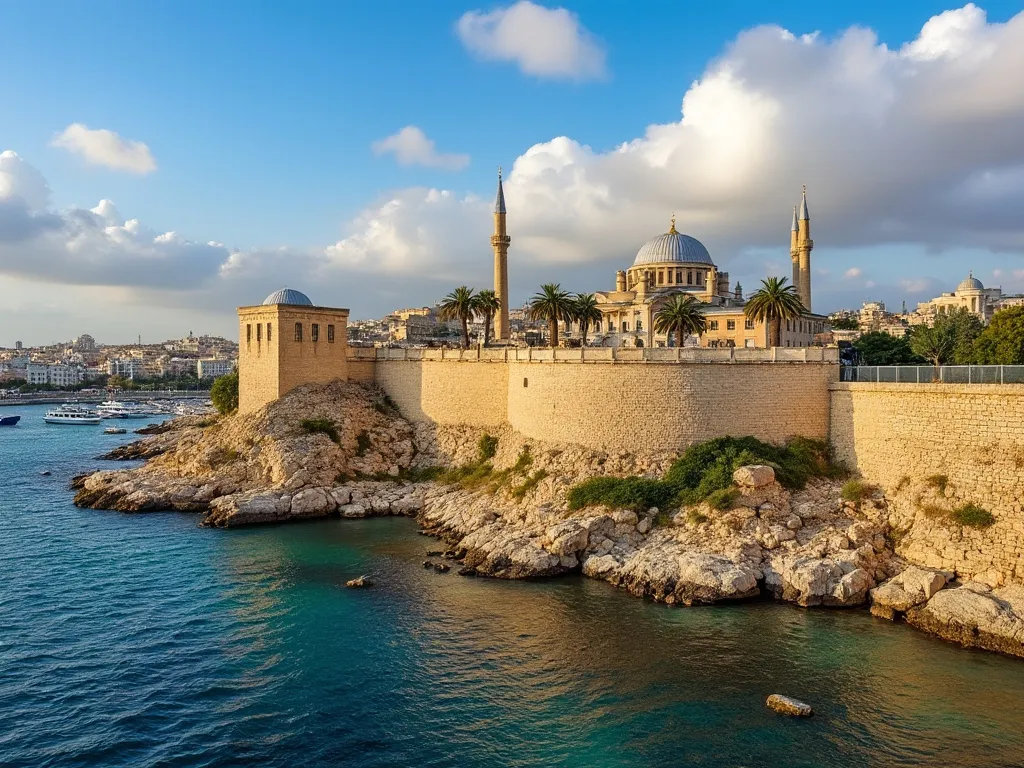 Nicosia
Nicosia
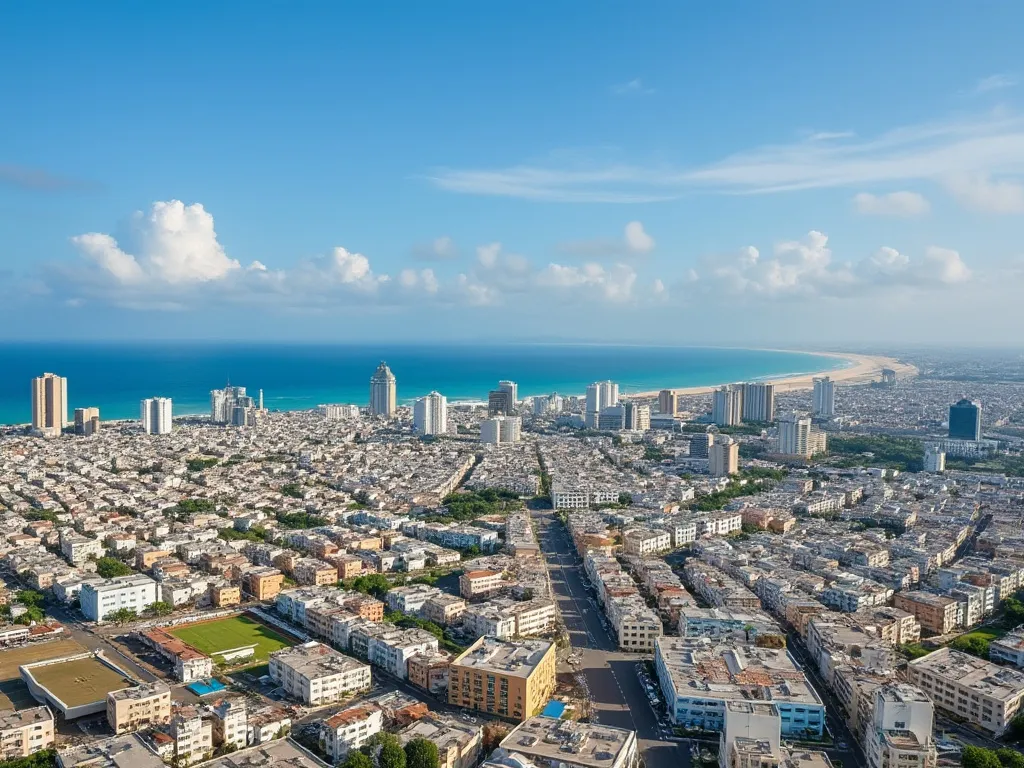 Nouakchott
Nouakchott
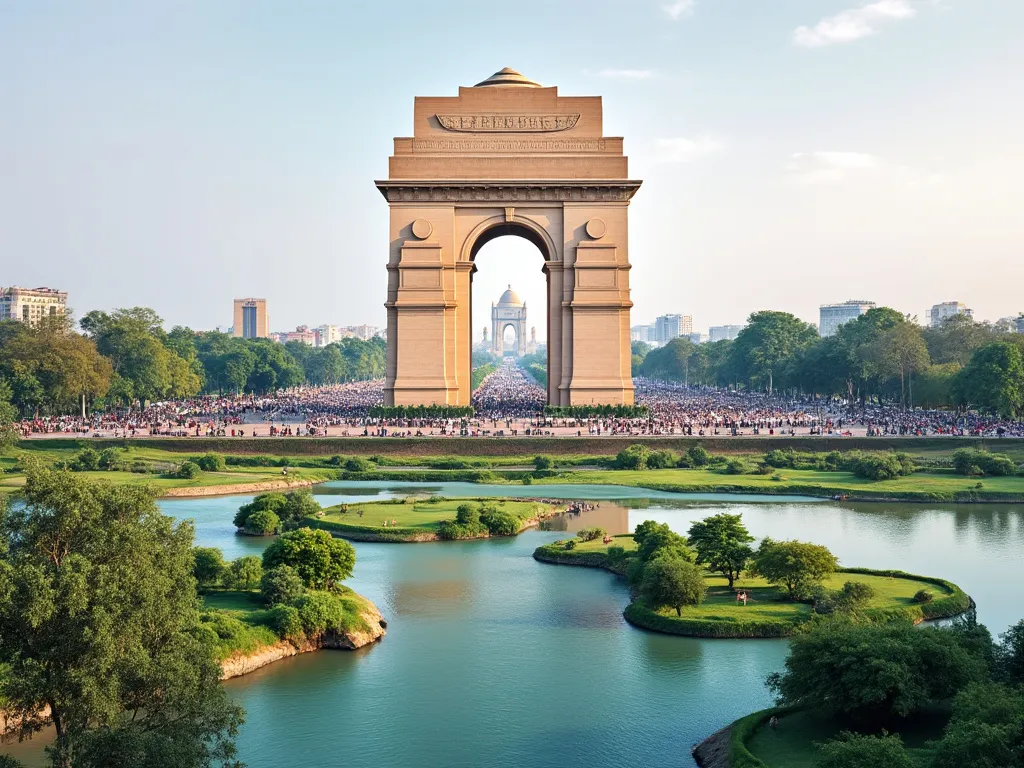 New Delhi
New Delhi
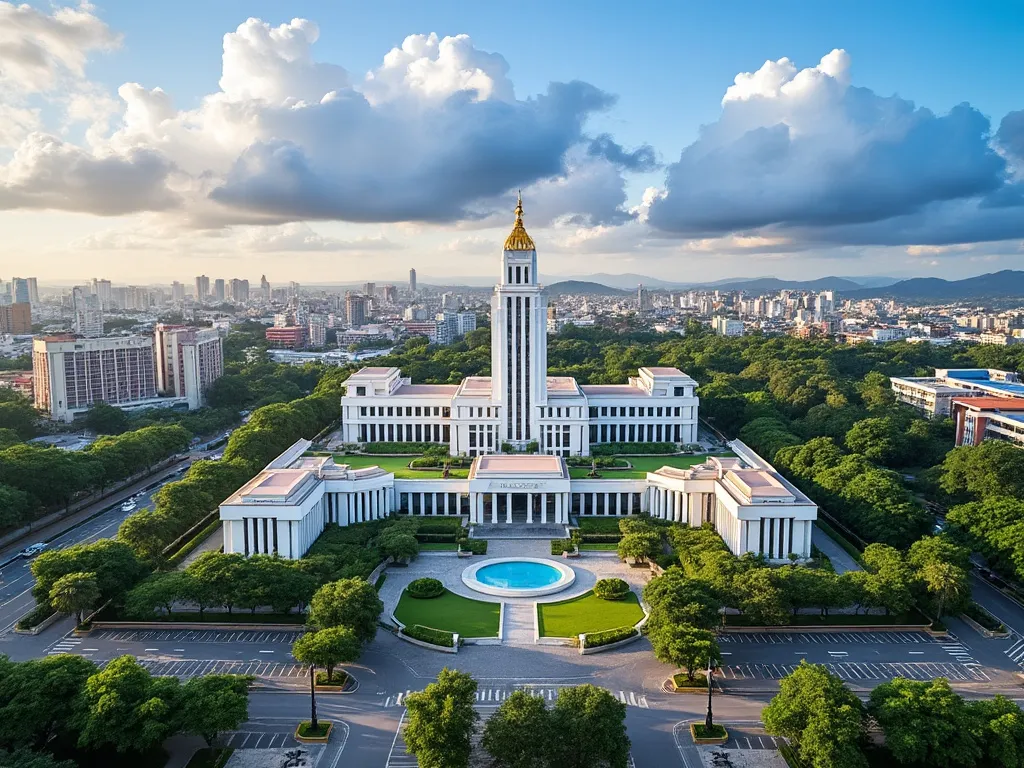 Ngerulmud
Ngerulmud